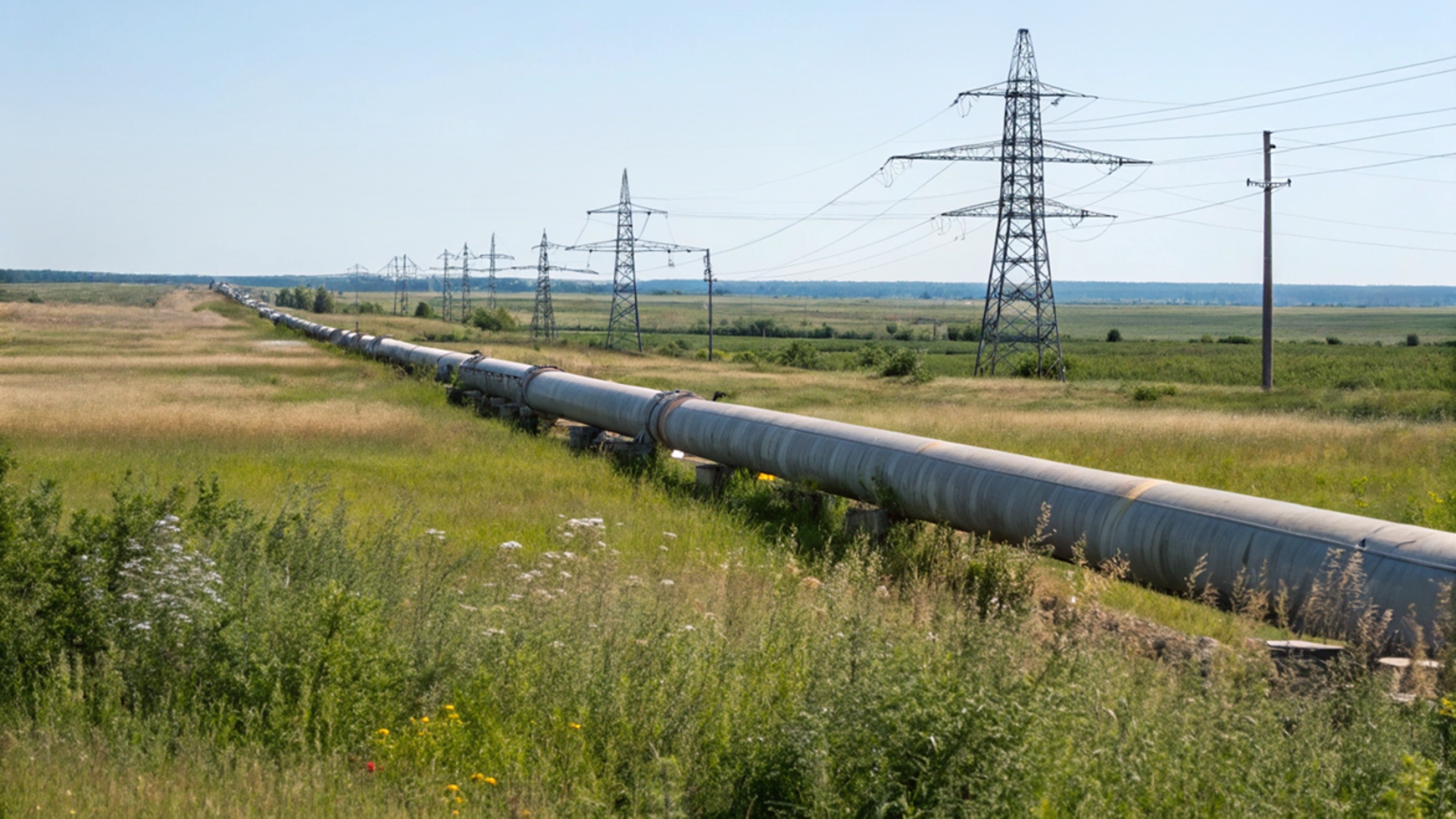May 8, 2025
-
Although the Council of Ministers approved in September 2024 the draft law to re-establish the National Energy Commission (Comisión Nacional de la Energía, CNE), its effective implementation and full empowerment are still pending.
-
Some circles are considering the possibility of merging Redeia and Enagás, but beyond that, Foro Industria y Energía (FIE) is contemplating the creation of a global energy manager with the capacity to oversee electricity and gas networks in a coordinated manner, plan critical infrastructure, and guide the integration of new technologies based on efficiency, security, and strategic autonomy. This role could be assumed by the new CNE.
-
In October 2024, FIE recommended that the new CNE consider adopting a system coordination model similar to the United Kingdom’s National Energy System Operator (NESO).
In the wake of the recent blackout on April 28 and amid the ongoing debate on the structure of the Spanish energy sector, Foro Industria y Energía (FIE) has called today for a strategic reflection on the role and future of the National Energy Commission in shaping Spain’s energy system. FIE proposes the possibility of a strengthened CNE, envisioned as an entity capable of articulating and supervising the entire energy system, and promoting a unified approach to ensure supply security and the country’s strategic autonomy—beyond the simple merger of current network operators, an idea already being floated in some sectors.
While the idea of merging Redeia (electricity grid) and Enagás (gas grid) appears to have resurfaced in certain circles as a way to safeguard the system after the recent incident, FIE’s vision focuses on the need for a body with a global perspective and the authority to coordinate all aspects of the system. The solution, FIE insists, lies not just in combining current monopolistic structures, but in establishing a new paradigm that fosters synergies and strengthens the national energy system as a whole by unifying planning and strategic management. That responsibility, FIE argues, could fall to the National Energy Commission, endowed with the powers to coherently and consistently supervise the entire energy framework.
Back in October 2024, FIE highlighted the importance of re-establishing the National Energy Commission, an entity that operated between 1995 and 2013. The draft law for its revival was approved by the Council of Ministers at the end of September 2024 with the goal of strengthening the institutional capacity of the regulator at a key moment in the energy transition. At that time, FIE stressed that the CNE should assess the needs of the energy system from a holistic perspective, especially regarding transmission networks. However, although its re-establishment has been approved, the project remains pending in Congress, and its full implementation and empowerment are still unresolved.
The recent blackout underscored the urgency of having an entity with comprehensive supervisory and coordinating capabilities. Drawing inspiration from international models such as the UK’s National Energy System Operator (NESO)—which plans and operates the entire UK energy system with a holistic vision—FIE proposes that the CNE take on a similar role. “This is not about simply copying foreign models,” notes Albert Concepción, director of FIE, “but about adopting their underlying logic: creating a body with a systemic vision, able to coordinate electricity and gas networks, plan critical infrastructure, and guide the integration of new technologies with efficiency, security, and strategic autonomy in mind.”
FIE’s proposal thus seeks to go beyond the debate over a possible operator merger. It aims to position the National Energy Commission as the backbone of the energy system. The recent blackout serves as a reminder of the urgency of having a resilient and strategically managed energy system. “We cannot say for certain that a fully functional CNE would have prevented the incident, but it certainly seems like the right time to consider the need for a global energy manager,” adds Concepción. “Establishing the CNE as a central body, equipped with the vision and tools to plan the energy system in an integrated way, is key to anticipating risks and ensuring a stable and efficient supply. Supply security requires a more integrated and long-term vision, capable of adapting to emerging challenges and ensuring system resilience in the face of future crises. All of this, of course, must be aligned with our commitment to an ecological transition based on decarbonization and renewable energy.”
FIE calls for embracing a comprehensive vision that transcends the narrow debate around operator mergers and enables Spain to establish an independent, specialized National Energy Commission, with the authority needed to serve as guarantor of a unified, secure energy system tailored to the demands of the ecological transition. Only an entity with this integrated and coordinated perspective can ensure long-term energy competitiveness and system resilience.

